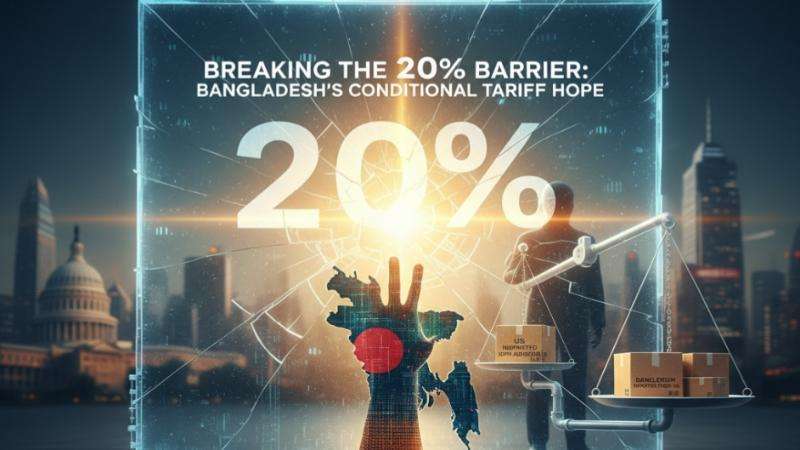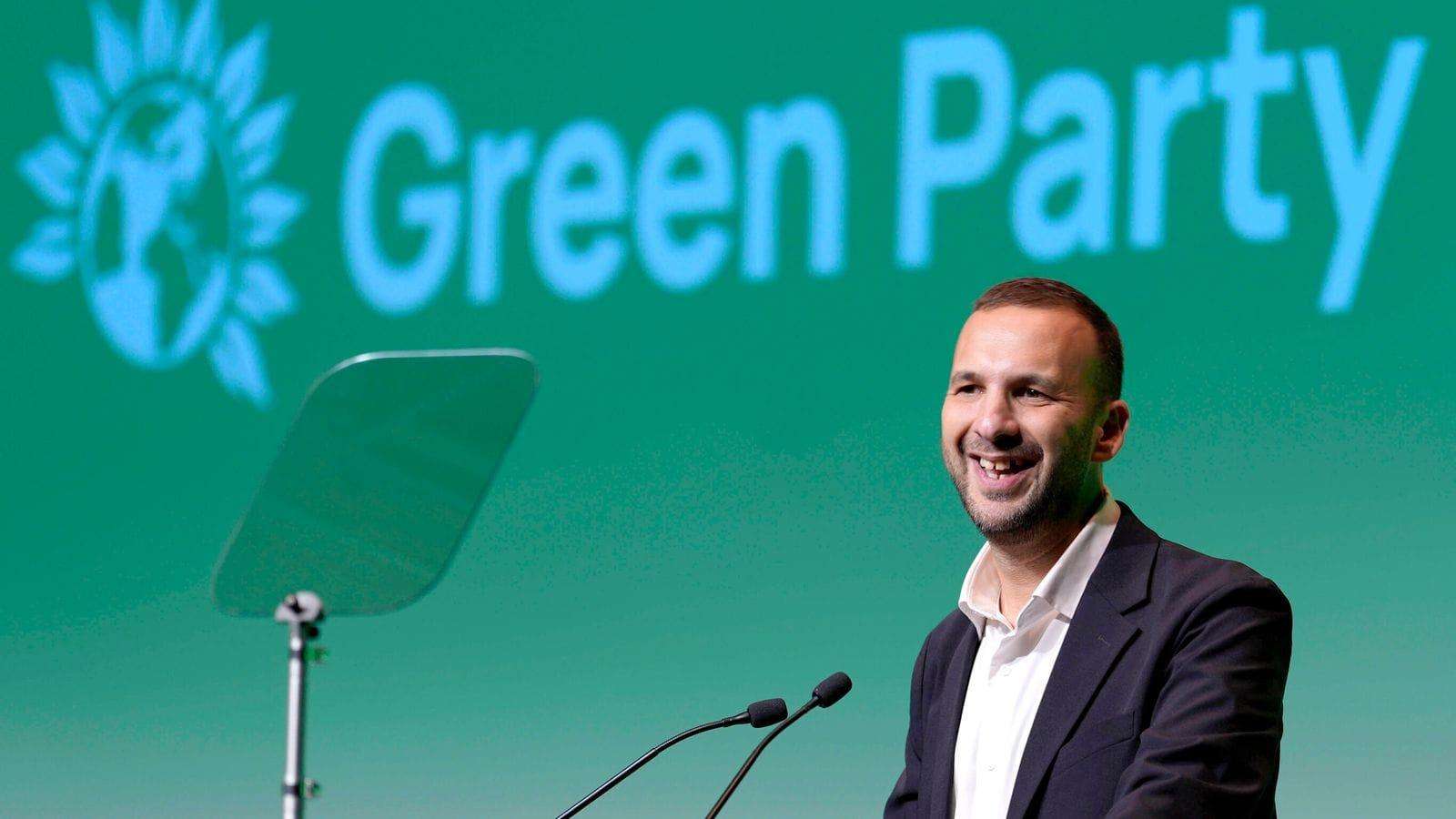Muslim communities in the United Kingdom and Bangladesh, along with their counterparts across the globe, are looking ahead to Eid al-Adha, the second most significant festival in the Islamic calendar. Following the recent joyous occasion of Eid al-Fitr, marking the end of Ramadan, anticipation is building for Eid al-Adha, also known as the 'Festival of Sacrifice' or Qurbani Eid.
The precise dates for Eid al-Adha are determined by the sighting of the new crescent moon, which heralds the start of Dhul Hijjah, the twelfth and final month in the Islamic lunar calendar. Unlike Eid al-Fitr, which falls on the first day of Shawwal, Eid al-Adha is celebrated on the 10th day of Dhul Hijjah.
Based on the latest astronomical data and established moon sighting traditions, the Islamic month of Dhul Hijjah is projected to commence on Friday, May 30, 2025, in both the UK and Bangladesh. Consequently, Eid al-Adha, observed on the 10th day of this month, is expected to fall on Sunday, June 8, 2025, in both the United Kingdom and Bangladesh.
The traditional practice involves searching for the new moon on the 29th day of the preceding month, Dhul Qadah, which corresponds to Thursday, May 29, 2025. While the new moon is calculated to appear at approximately 9:00 am British Summer Time (BST) on this day, the actual visibility of the young crescent in the evening sky will depend on various atmospheric conditions.
Astronomers indicate that clear, unobstructed skies will be crucial for any potential sighting on May 29th. Should the crescent not be visible that evening, the month of Dhul Hijjah will officially begin on Friday, May 30th, solidifying Sunday, June 8th, as the likely date for Eid al-Adha in both the UK and Bangladesh.
The celebrations for Eid al-Adha typically span three to four days. With Islamic days commencing at sunset, the festivities are anticipated to begin on the evening of Saturday, June 7, 2025, and continue through to Tuesday, June 10th, or Wednesday, June 11th, in both the United Kingdom and Bangladesh.
It is crucial to remember that the confirmed dates are contingent upon official moon sighting announcements made by religious authorities in both countries closer to the time. While astronomical predictions offer a strong indication, local moon sightings can sometimes lead to slight variations. In the UK, different mosques and Islamic organizations may follow announcements from Saudi Arabia or rely on their own local moon sightings. Similarly, in Bangladesh, the National Moon Sighting Committee will issue the official confirmation.
Eid al-Adha holds deep religious significance, commemorating the unwavering faith and devotion of Prophet Ibrahim (Abraham), who was commanded by God to sacrifice his son. As Prophet Ibrahim prepared to fulfill this divine test, God, in his infinite mercy, provided a ram to be sacrificed in his son's place.
In observance of this profound event, Muslims who are able to do so undertake the ritual slaughter of an animal, known as Qurbani, and arrange for the distribution of the meat to those less fortunate, embodying the spirit of sharing and compassion central to Islam. The animals traditionally used for Qurbani include goats, sheep, cows, and camels.
In modern practice, many Muslims choose to fulfill their Qurbani obligations by donating to reputable charities. These organizations facilitate the sacrifice and ensure that the meat reaches vulnerable and disadvantaged communities worldwide, upholding the core values of Eid al-Adha. As the anticipated dates draw nearer, Muslim communities in the UK and Bangladesh are making preparations for this significant religious observance, marked by special prayers, communal gatherings, and acts of charity and generosity.


_3.jpg)
_4.jpg)




.svg)



